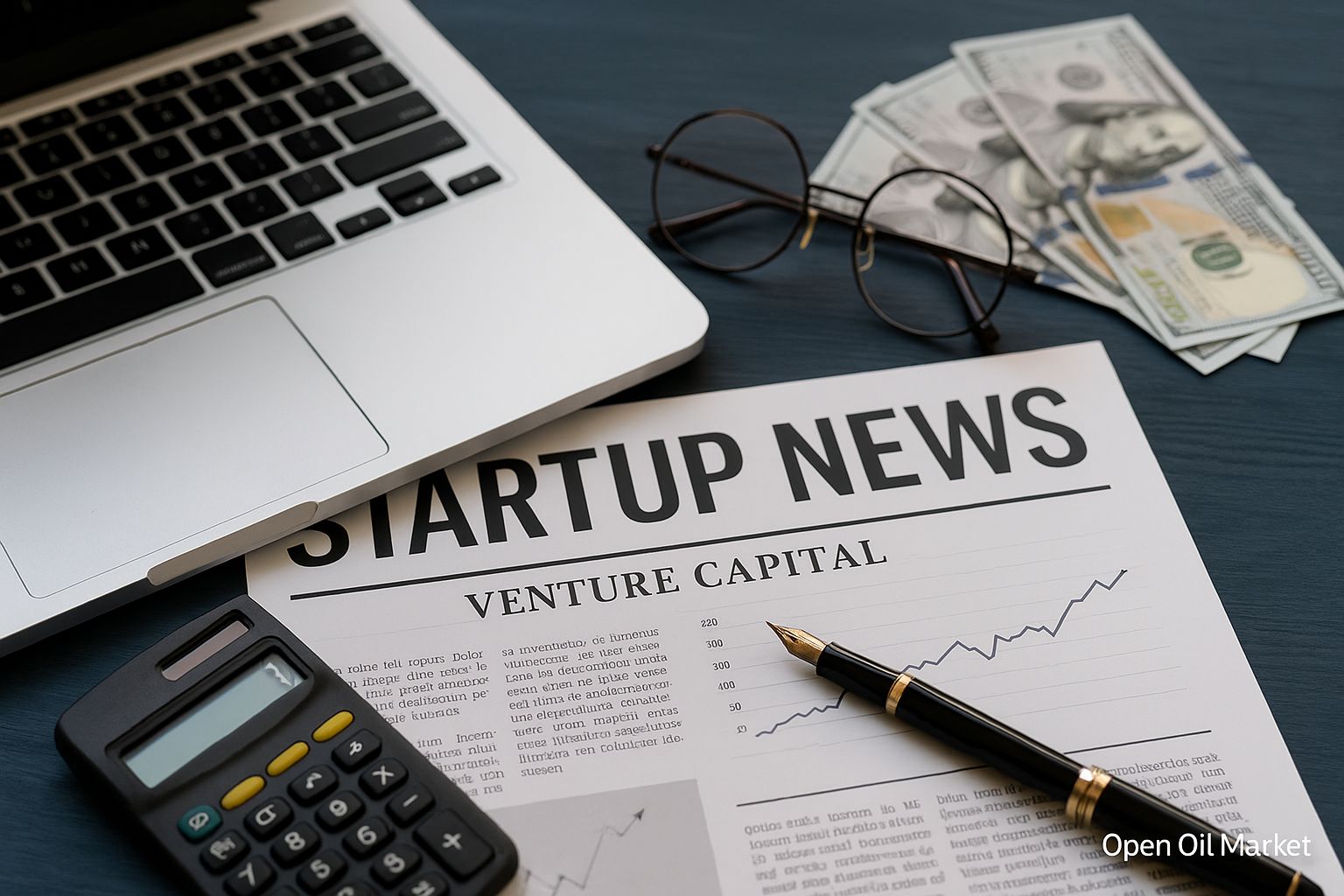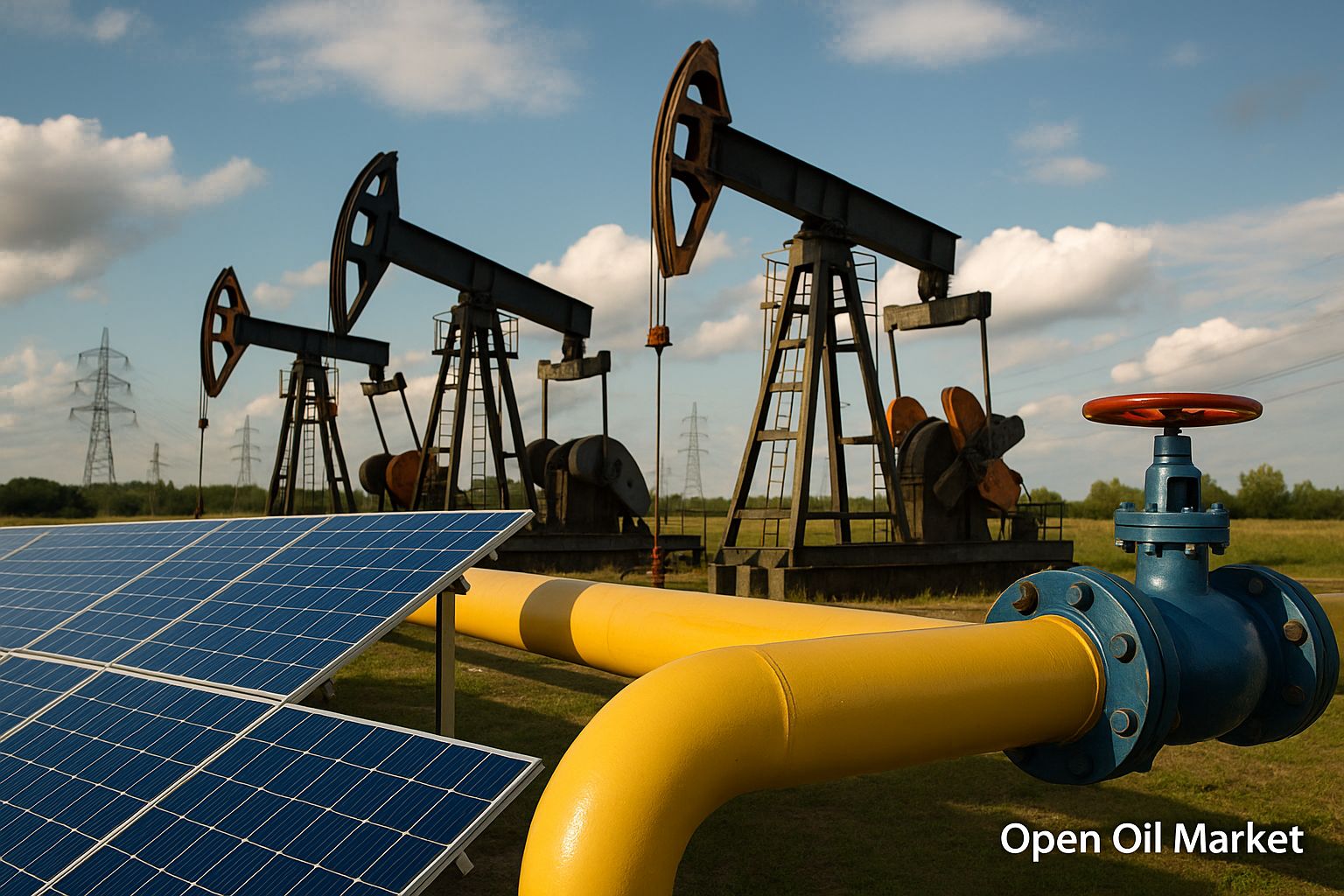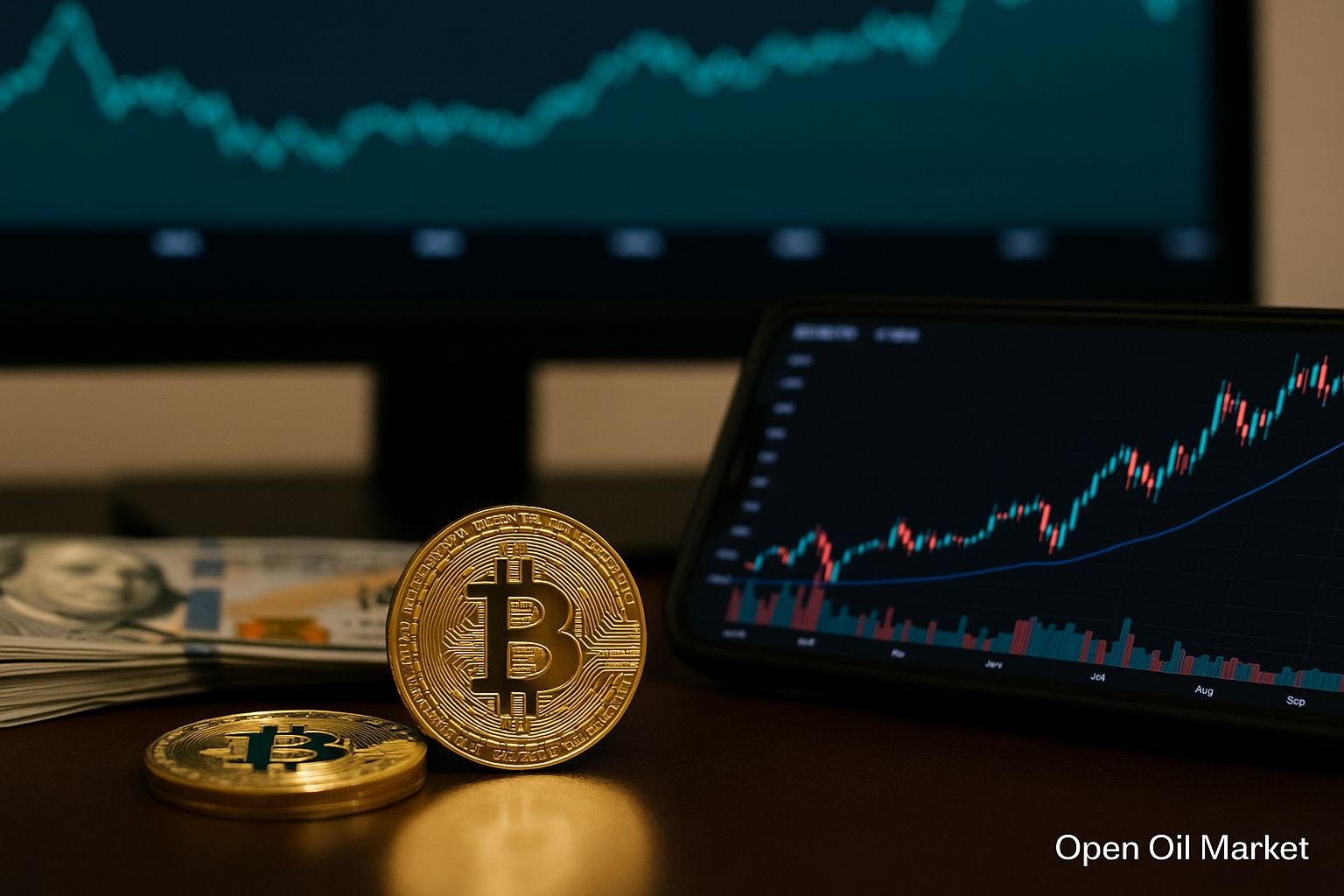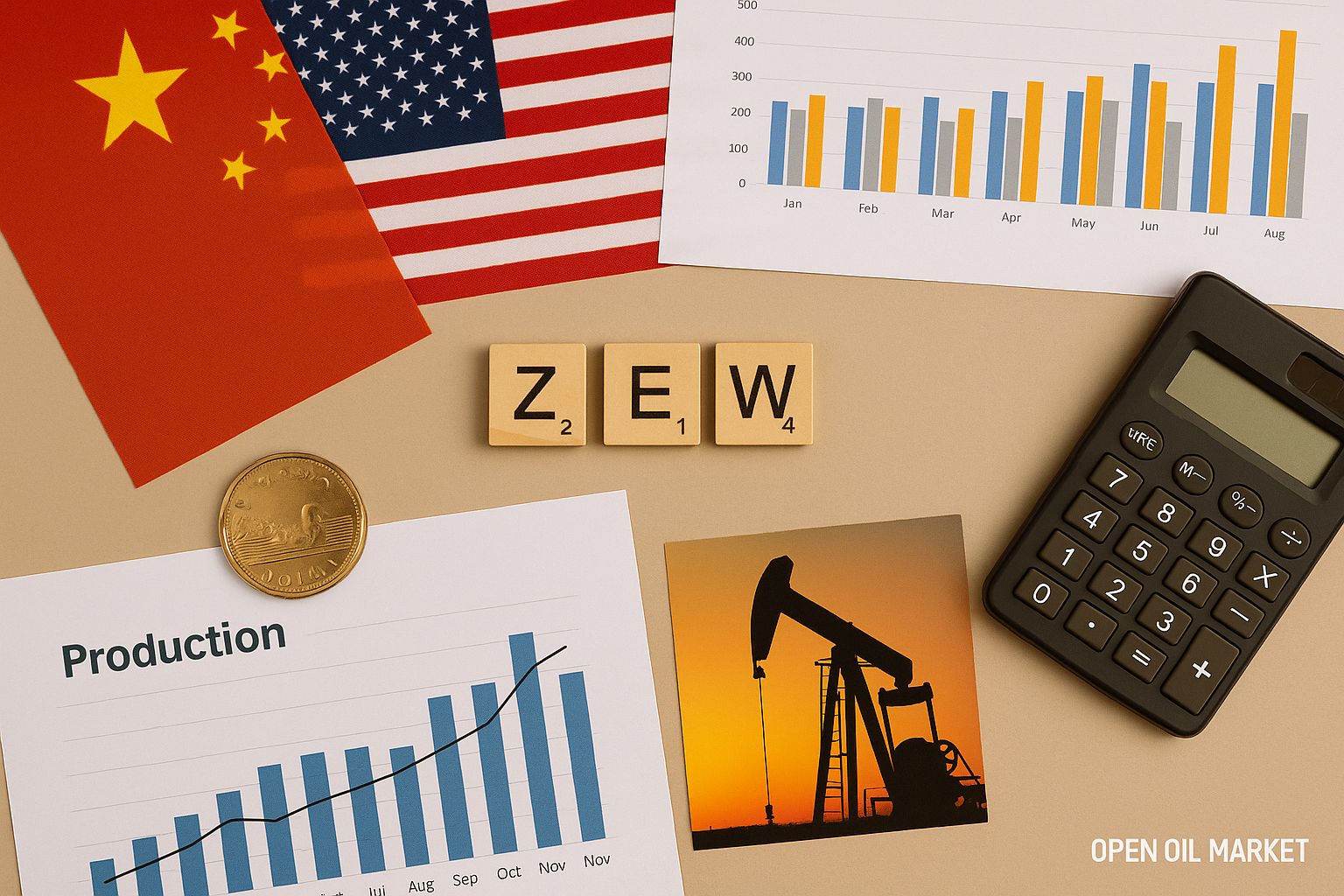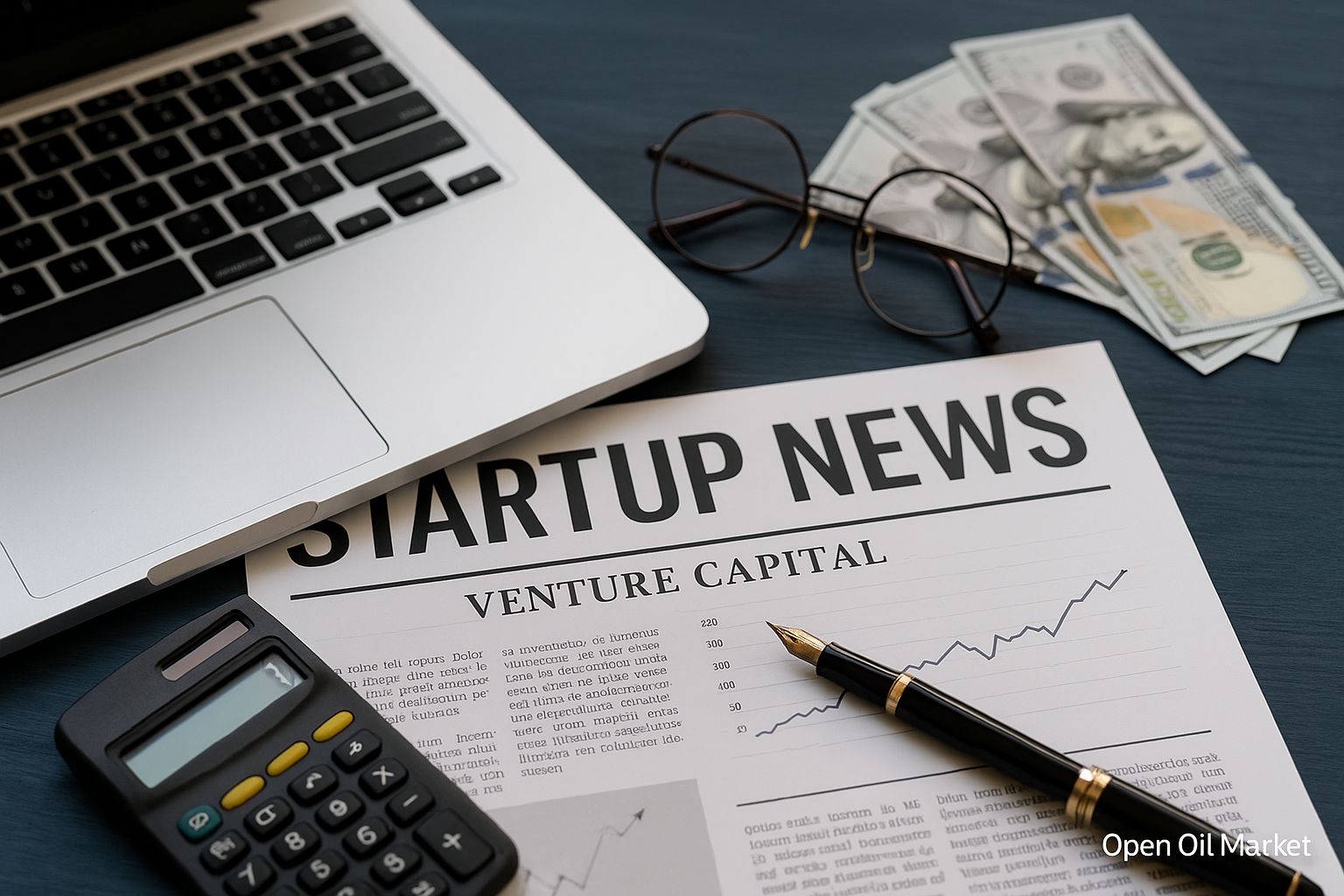
Global Startup and Venture Capital News as of 17 September 2025: Mega Rounds in AI, New Unicorns, Resurgence of IPOs, M&A Deals, Renaissance of the Crypto Industry, and Growth in Defence and Space Investments.
As of mid-September 2025, the global venture capital market continues its robust recovery following several years of decline. Investors around the world have renewed their funding for technology companies at all stages of development—from early seed rounds to preparing startups for IPOs. In the first six months of 2025, startups in North America raised approximately $145 billion, a figure that represents roughly a 43% increase compared to the previous year, marking the highest half-year results since 2021. Improved macroeconomic conditions and a rising interest in innovation have bolstered confidence in the venture market, leading to larger deals that span a range of sectors—from artificial intelligence and fintech to biotechnology and defence.
This venture uptick is observable across all regions. The United States remains the leader, accounting for about two-thirds of the global investment volume, particularly dominating in AI. Funding volumes in the Middle East have nearly doubled over the year due to multi-billion-dollar tech projects in the Gulf states. In Europe, structural shifts are occurring: Germany has, for the first time in a decade, outpaced the United Kingdom in aggregate venture deal volume, despite Europe’s share of global VC decreasing. India and Southeast Asia continue to experience an investment boom, buoyed by foreign funds, while in China, activity remains subdued due to domestic restrictions. Other developing markets are gradually awakening, attracting increasing capital alongside traditional tech hubs.
Startups in Russia and the CIS are also striving to keep pace with global trends: despite external constraints, new funds and programmes to support tech businesses are emerging across the region.
Below are key events and trends shaping the venture market agenda on 17 September 2025:
- Return of Mega Funds and Large Investors. Leading venture players are raising record-size funds and increasing their investments, replenishing the market with capital and rekindling risk appetite.
- Record Funding Rounds and a New Wave of Unicorns. Exceptionally large deals are elevating startup valuations to unprecedented heights, particularly in the domains of artificial intelligence and robotics.
- Resurgence of the IPO Market. A series of successful public offerings by tech companies signals the opening of an "exit window" and the return of liquidity to the venture market.
- Wave of Consolidation and M&A Deals. Major mergers, acquisitions, and strategic investments are reshaping the industry landscape, creating new opportunities for exits and accelerated growth for companies.
- Renaissance of the Crypto Industry. A rally in the digital assets market has rekindled investor interest in blockchain projects, leading to new large funding rounds and even public listings in the crypto sector.
- Boom in Defence and Space Investments. Geopolitical factors are stimulating capital inflow into defence-tech and space projects, making these sectors a new priority for venture funds.
- Local Initiatives in Russia and CIS. New funds and legislative measures are being launched in the region to support startups, while local projects are beginning to attract foreign capital, integrating into global trends.
Return of Mega Funds: Large Capital Back in the Market
The largest investment structures are once again entering the venture arena, signalling a renewed surge in risk appetite. The Japanese conglomerate SoftBank has announced the launch of its third Vision Fund, amounting to approximately $40 billion, focusing on cutting-edge technologies (with an emphasis on AI and robotics) after a prolonged hiatus. Sovereign funds from the Gulf states have also become more active, directing oil dollars into technological initiatives and national mega-projects, thereby creating their own tech hubs in the Middle East. Concurrently, dozens of new venture funds are being established globally, attracting significant institutional capital for high-tech investments.
- Veritas Capital Fund IX — $14.4 billion. An American fund specialising in technology and defence industries has closed a new fund at a record amount, demonstrating a high level of trust from large institutional investors.
Notably, the venture firm Andreessen Horowitz is also targeting its own mega fund of up to $20 billion, fully dedicated to investments in the field of artificial intelligence—if successful, this will become the largest fund in the firm's history. The substantial influx of capital from such "mega funds" contributes to an increase in the volume of uninvested funds ("dry powder") on the market. This excess capital intensifies competition for the best startups and supports high valuations for promising companies. The mere presence of large institutional players reinforces the confidence that the influx of funds into the industry will continue.
Mega Rounds in AI and a New Wave of Unicorns
The field of artificial intelligence and other cutting-edge technologies remain the primary drivers of the venture boom, showcasing record funding volumes. Investors are keen to secure a position among the leaders of the new technological cycle, directing colossal sums into the most promising projects. In recent weeks, two record-breaking rounds have confirmed this trend:
- OpenAI (USA) — $8.3 billion. The developer of advanced AI technologies raised one of the largest rounds in history, elevating its valuation to approximately $300 billion. In collaboration with Microsoft, the company is establishing a separate business division and preparing it for an IPO to expedite the commercialisation of its products.
- Mistral AI (France) — €1.7 billion. The generative AI startup secured the largest funding in Europe, increasing its valuation to €11.7 billion. The leading investor was the Dutch corporation ASML, underscoring Europe’s ambition to develop its own AI infrastructure.
These mega rounds are nurturing a generation of new "unicorns" and paving the way for the emergence of future technology leaders. Despite warnings of potential market overheating, investors have not diminished their interest in the most advanced projects. Furthermore, funding is flowing not only to applied AI products but also to infrastructure solutions—from specialised chips to cloud platforms and data storage systems, all essential for scaling the AI ecosystem.
IPO Market Revitalised: Exit Window Open
After the downturn of 2022–2023, the IPO market is once again showing signs of life. Successful public listings of several tech companies have demonstrated that investors are willing to acquire shares of high-growth startups at elevated valuations. This new wave of stock market debuts reinforces venture funds' confidence in the potential for profitable exits.
- Chime. The large American fintech unicorn (neobank) went public on Nasdaq in June; its stock price surged by 30% on the first trading day, confirming the high demand for promising fintech companies.
- Klarna. The Swedish fintech giant successfully debuted on the New York Stock Exchange, becoming one of the first European "unicorns" to list in the US after a long hiatus, with shares sold above the initial range.
The success of these IPOs indicates a return of liquidity to the venture market. Following these initial "early birds," other significant startups are preparing for public offerings—from the American payment service Stripe (reportedly having already submitted a confidential IPO filing) to highly valued AI companies like Databricks. The revival of IPO activity is crucial for the entire ecosystem: successful exits enable investors to realise profits and redirect freed-up resources into new projects, fuelling the next growth cycle.
Wave of Mergers and Acquisitions (M&A)
High valuations of startups and fierce competition for markets are provoking a new wave of consolidation. Major technology corporations are ready to spend billions on strategic acquisitions to strengthen their positions and gain access to advanced developments. A number of high-profile M&A deals in recent months confirm this trend:
- Google → Wiz — ~$32 billion. Alphabet's corporation acquires the Israeli startup specialising in cloud cybersecurity, aiming to bolster its position in data protection and cloud services.
- SoftBank → Ampere — ~$6.5 billion. The Japanese investment holding purchases the American developer of Arm server processors, Ampere Computing, to become a leader in the segment of chips for cloud and enterprise data centres.
The activation of acquisitions is changing the balance of power in the industry. Mature startups are either merging with each other or becoming targets for corporations. For venture investors, this opens up opportunities for long-awaited exits through the sale of portfolio companies to strategic players. Simultaneously, consolidation removes redundant participants from the market and allows resources to be focused on the most promising directions.
Renaissance of the Crypto Industry
In the second half of 2025, the digital assets market is experiencing a new boom, rekindling venture capital interest in crypto startups. Bitcoin has already surpassed a historic threshold of $120,000, setting a new all-time high. Just a year ago, the blockchain sector was grappling with a crisis of confidence and stringent regulatory pressure, yet the current rally has fundamentally altered investor sentiment.
Major funds that previously paused investments in crypto projects are once again entering this market. Large funding rounds are emerging, and some players are even going public. For instance:
- Circle. The fintech company behind one of the leading stablecoins successfully conducted an IPO, becoming one of the first major "crypto-friendly" firms to go public.
- BlackRock. The investment giant launched an exchange-traded fund (ETF) linked to Bitcoin, marking an important signal of institutional recognition of crypto assets.
All these developments indicate that the blockchain industry is once again perceived by investors as a promising growth sector.
Defence Technologies and Space at the Forefront
The geopolitical tensions of recent years have led to an unprecedented increase in investments in the defence and aerospace sectors. Estimates suggest that in Europe, the volume of venture investments in security and defence startups reached record levels (around $5.2 billion in 2024) and continues to grow in 2025 against the backdrop of increasing military budgets. Venture investors are actively funding developments in drones, cybersecurity, military AI systems, as well as new space programmes and satellite platforms.
The defence and space sectors are quickly becoming a new priority for venture funds. For example, the American developer of autonomous systems Anduril raised approximately $2.5 billion, and the company Apex received $200 million in Round D—these deals demonstrate the market's readiness to support projects from "power" industries. Overall, investments in such projects promise not only commercial benefits but also strategic advantages, making them attractive even to relatively conservative investors.
Russia and CIS: Local Trends Amid Global Market Dynamics
Despite external constraints, the startup scene in Russia and neighbouring countries is developing in parallel with global trends. In 2025, new sources of capital and initiatives to support technological entrepreneurship are emerging in the region:
- New Funds. In Russia, the private fund Nova VC (with a volume of around 10 billion rubles) has commenced operations to invest in technology companies.
- International Success. Despite sanctions barriers, teams from the CIS continue to attract funding abroad. For example, the voice technology service Vocal Image, a Belarusian startup based in Estonia, received approximately $3.6 million from a French venture fund. This case has demonstrated that promising projects from the region can find support on the global stage.
Although the total volume of venture investments in Russia and the CIS still lags behind global leaders, the region is developing all necessary elements of the ecosystem: local funds, accelerators, government programmes, and international partnerships. These efforts are laying the foundation for the emergence of competitive startups even under challenging external conditions.

